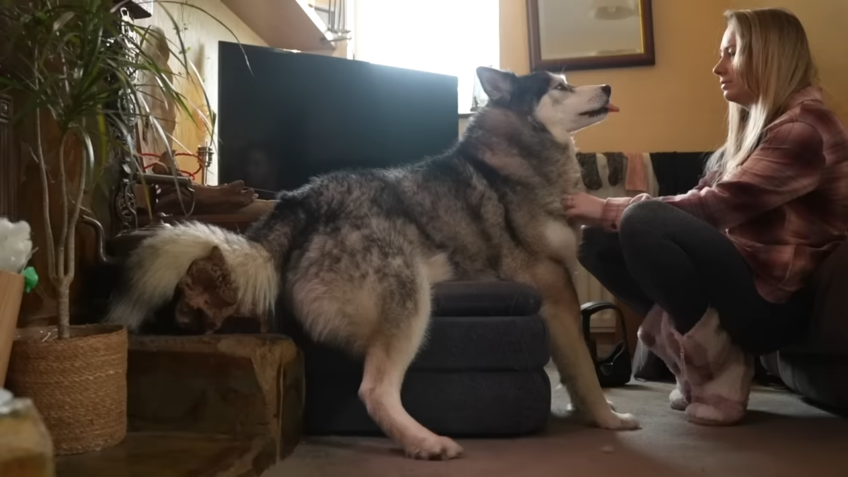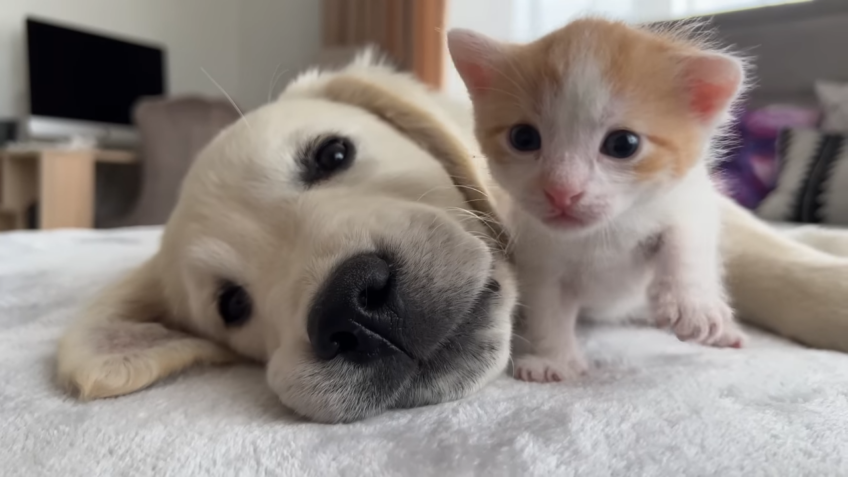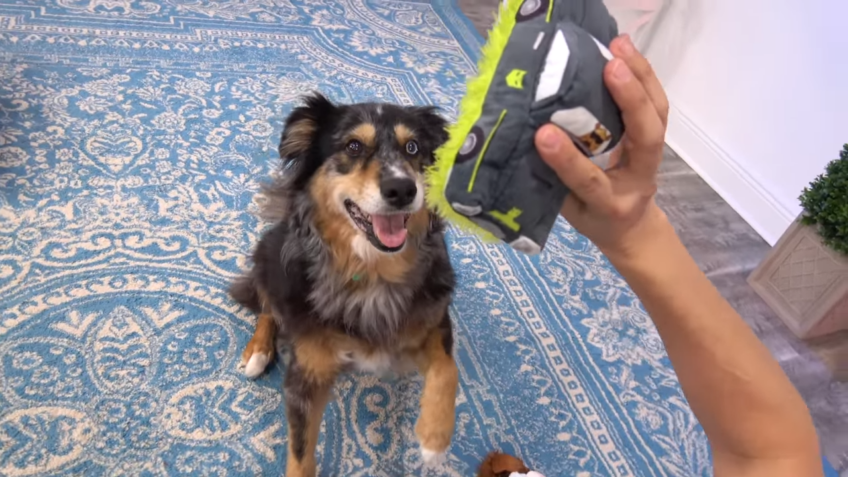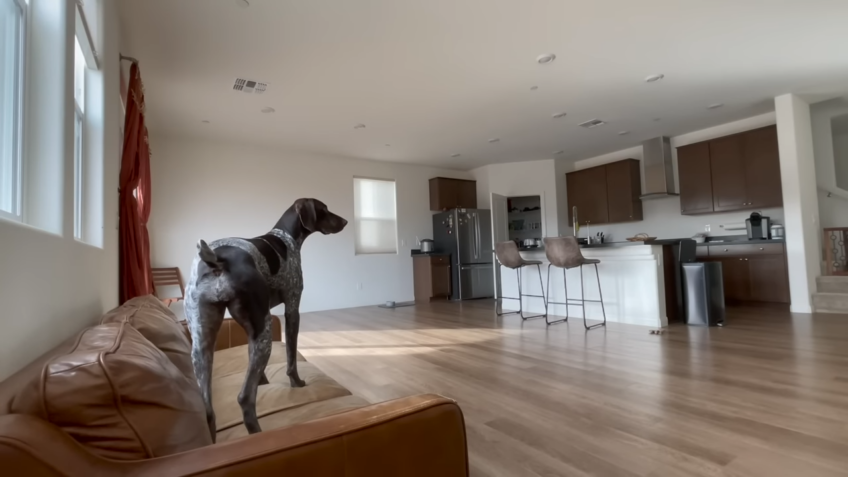Pets are incredibly curious creatures. They learn about their environment by putting things into their mouths, which can frequently cause trouble. Pets often ingest foods or substances that are toxic to them and can cause severe illness and even death.
What can you do to protect your pets from accidental ingestion? According to Renee Schmid, DVM, DABT at Pet Poison Helpline, your best strategy is this one: “If a toddler can get to it, so can your pet. Be sure to toddler-proof your home.” Pet owners should:
- Transfer pet and human medications from counters and tables to higher cabinets.
- Move insect bait or rodent traps that might be on the floor to hard-to-reach areas.
- Shift chemicals like window cleaning products and fertilizer up out of a pet’s reach.
However, if it does happen, it’s critical to have as much information as possible should your pet ingest a toxic substance.

- Keep a list of all medications, the strength, quantity of pills in each bottle, and the purchase date. These inputs will help your veterinarian or poison control agent determine the amount ingested and any subsequent therapy for your pet.
- For rodenticides, pesticides and fertilizer: take a picture of the original package along with the EPA regulatory number (EPA Reg#). This number can help locate all active ingredients.
And whatever you do, seek professional guidance before you attempt any at-home therapy. In many cases, pet owners attempt to induce vomiting when it causes more harm than good.
Here are a handful of age-appropriate strategies to protect your pet:
Young Pets

Keep those especially curious pets (under a year old) crated when you’re away from home. Just like toddlers, puppies and kittens should not have free roam of the house without supervision. Using a crate or kennel will keep them safe from any dangerous substances while you’re away.
Middle-aged Pets

Pay special attention when routines change, especially concerning visitors in your house. As pets grow into middle age, they become less inquisitive – and their owners less cautious. When a new person enters the mix, they might bring foods or medications that fall on the floor and spark an interest for pets.
Senior Pets

Many senior pets have senior owners, so they might be taking similar medications. An owner might easily mix up their own heart medication with their pet’s heart medication or drop their own medication on the floor where a pet can swipe it up and ingest it. Store pet and human medications in separate places and take your own medication behind closed doors to prevent pet ingestion.
And remember: We are here to support you and your pet. Contact us with any health questions you have, or to schedule an annual checkup.

